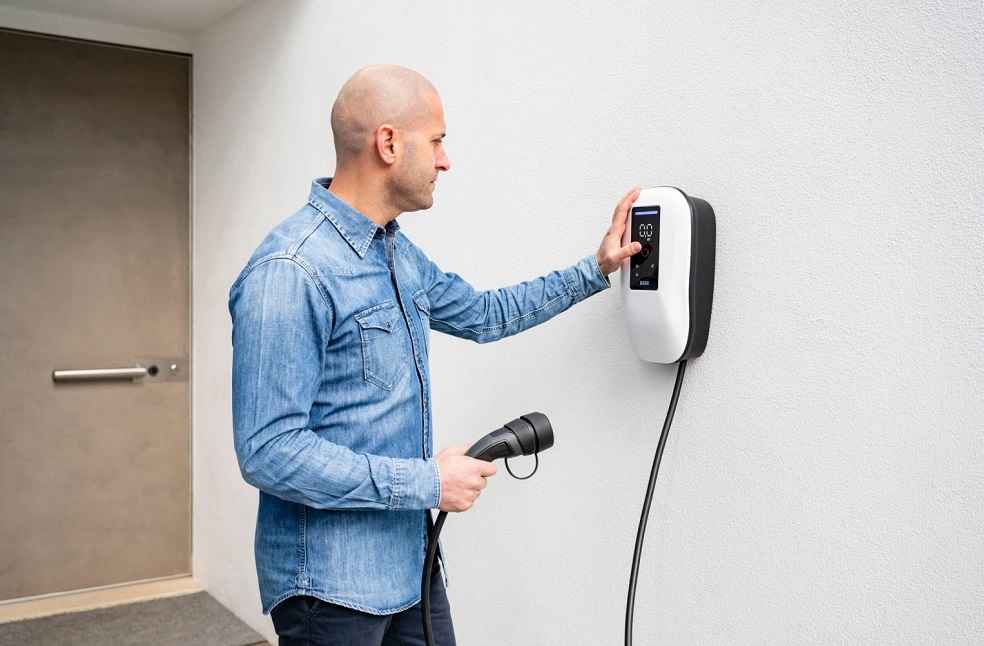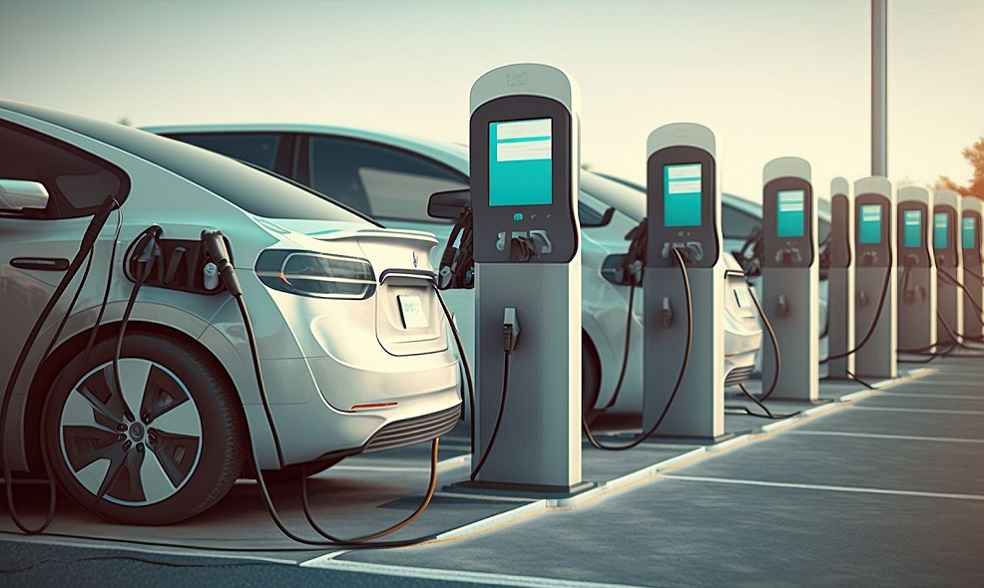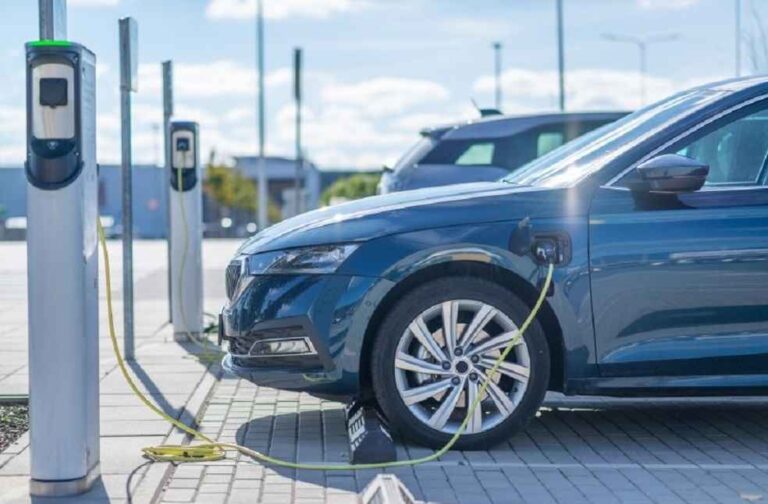The Pakistan Institute of Development Economics (PIDE), a state-run think tank, has urged the government to prioritise EV exports as a key strategy to maximise economic benefits and address challenges in transitioning to EVs domestically. In a policy advisory, PIDE recommended targeting the export of 10% of all EVs and 5% of auto parts produced in Pakistan by 2030, with an ambitious goal of exporting 50% of both by 2040.
This proposal aligns with the Prime Minister’s recent directives to establish a robust EV policy aimed at reducing reliance on imported oil, improving the current account balance, and contributing to Pakistan’s climate goals. According to PIDE, the adoption of EVs offers a dual opportunity: mitigating environmental harm through lower emissions and enhancing economic stability by reducing import costs.

Challenges to EV Transition in Pakistan
Despite the promising outlook, PIDE highlighted several challenges hindering the EV shift in Pakistan, ranging from technological and economic barriers to behavioural shifts among consumers. Key obstacles include:
- High Costs: EV production remains expensive due to heavy reliance on imports, high tariffs, and a lack of allied industries.
- Limited Ownership: Only 6% of households own passenger cars, with motorbikes being the predominant mode of transport for 57% of households. The high upfront costs of electric two-wheelers make them unaffordable for middle- and low-income groups.
- Range Anxiety and Charging Infrastructure: Limited charging facilities and the longer time required for recharging EVs compared to conventional refuelling pose significant behavioural and logistical challenges.
- Low Manufacturing Capacity: Pakistan’s EV technology and production capabilities are still in the nascent stage, with local manufacturers isolated from the global automobile value chain.
PIDE’s EV Policy Recommendations
To address these challenges, PIDE has proposed a comprehensive, long-term EV policy with clear targets for the short, medium, and long terms:

- By 2030: 10% of new four-wheelers and 25% of new two- to three-wheelers sold should be EVs.
- By 2040: Increase these shares to 50% for four-wheelers and 75% for two- to three-wheelers.
The policy also emphasises the need to address key bottlenecks, such as reducing production costs, expanding charging infrastructure, fostering behavioural shifts, and integrating local manufacturing into the global value chain.
PIDE’s recommendations underscore the potential for EVs to transform Pakistan’s economy and environment. By focusing on exports and addressing domestic barriers, the country can leverage the global EV revolution for sustainable growth while reducing its reliance on fossil fuels. A robust, well-implemented EV policy will be critical to realising this vision and ensuring Pakistan remains competitive in the evolving global automotive industry.
BUSINESS GENERAL | China’s Yuan Devaluation: What It Means for Global Trade and India



